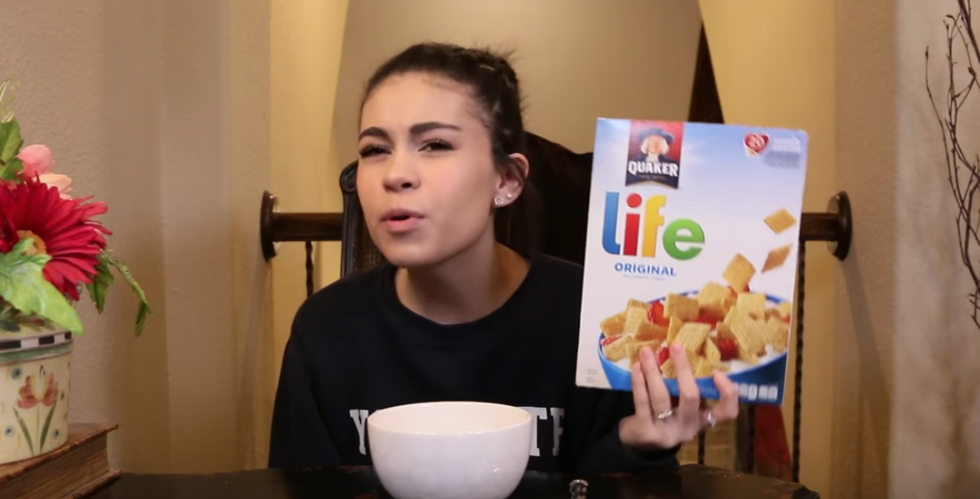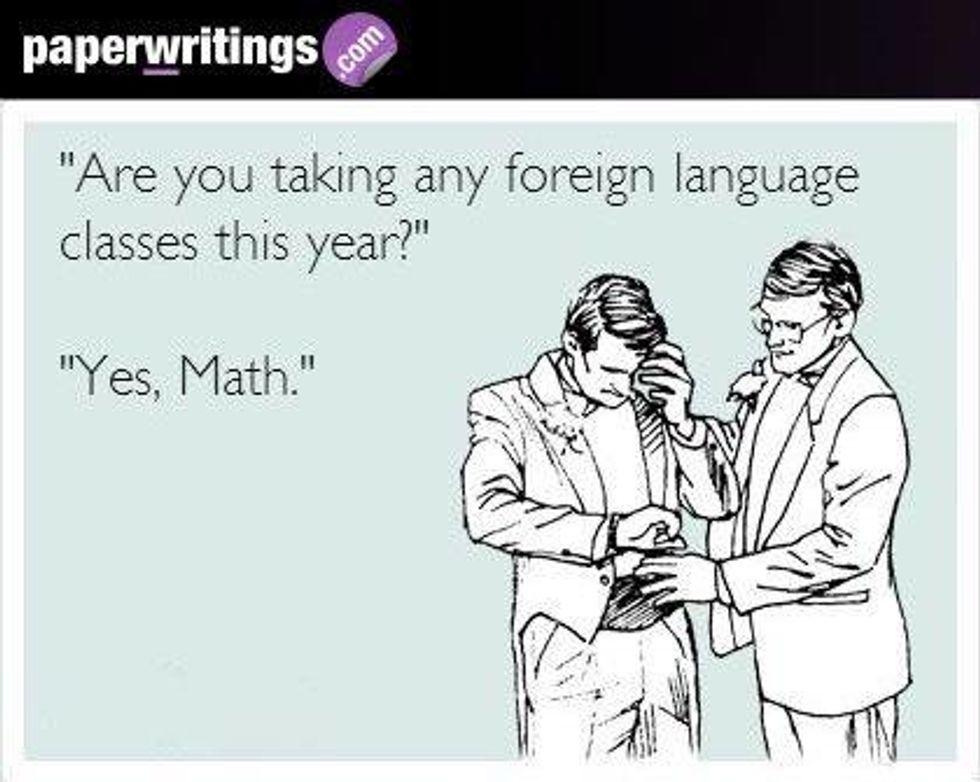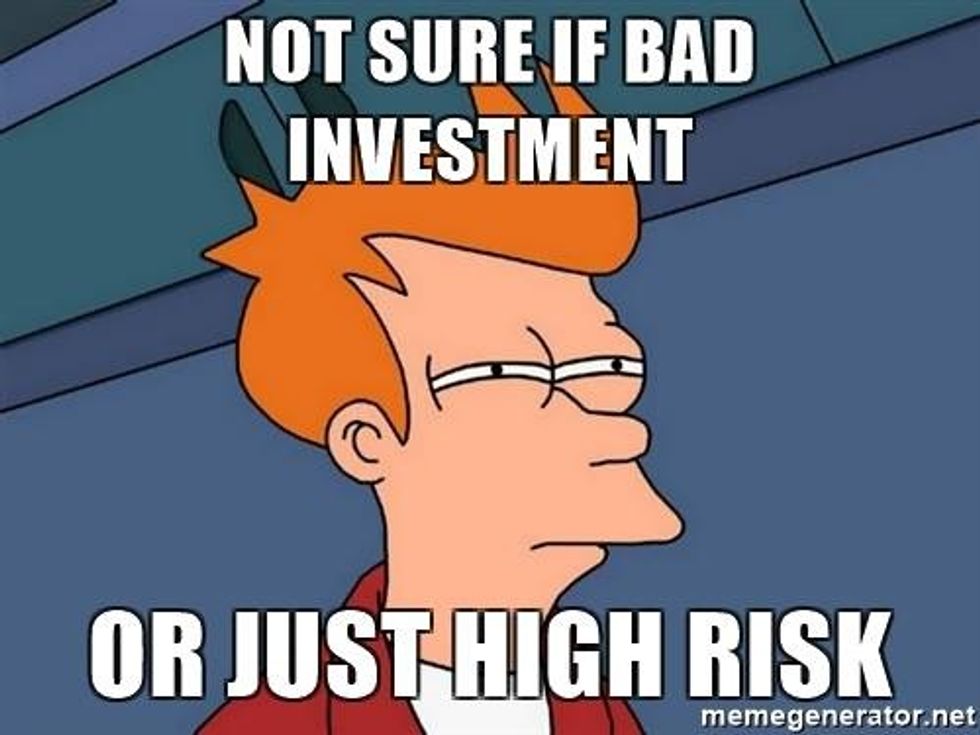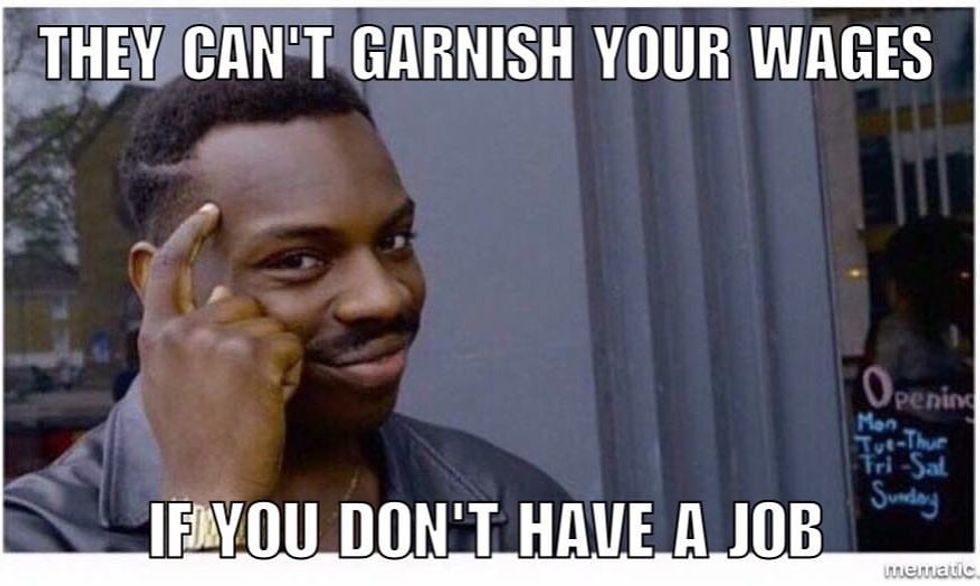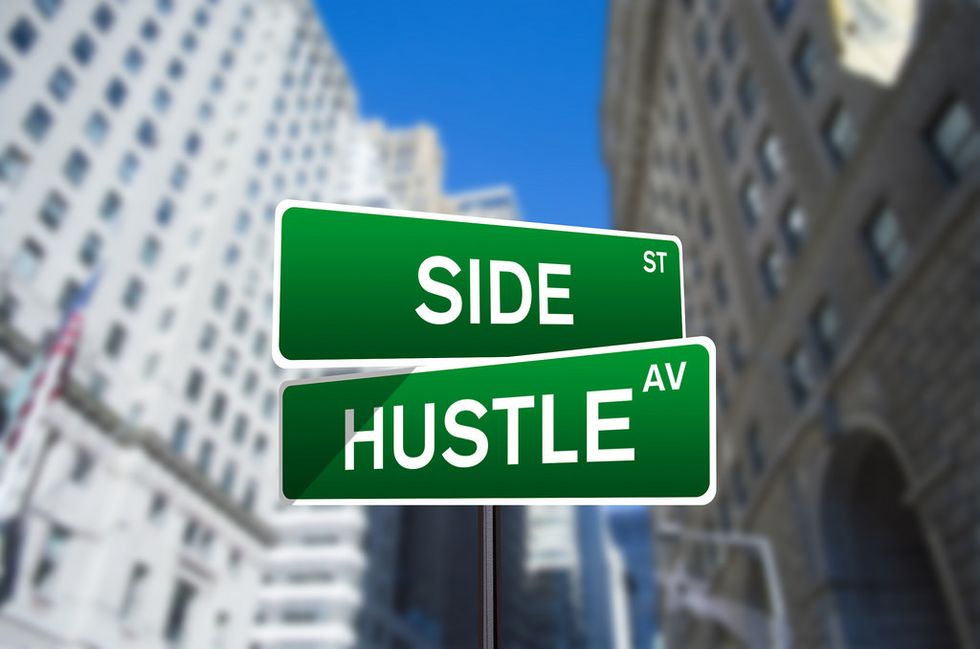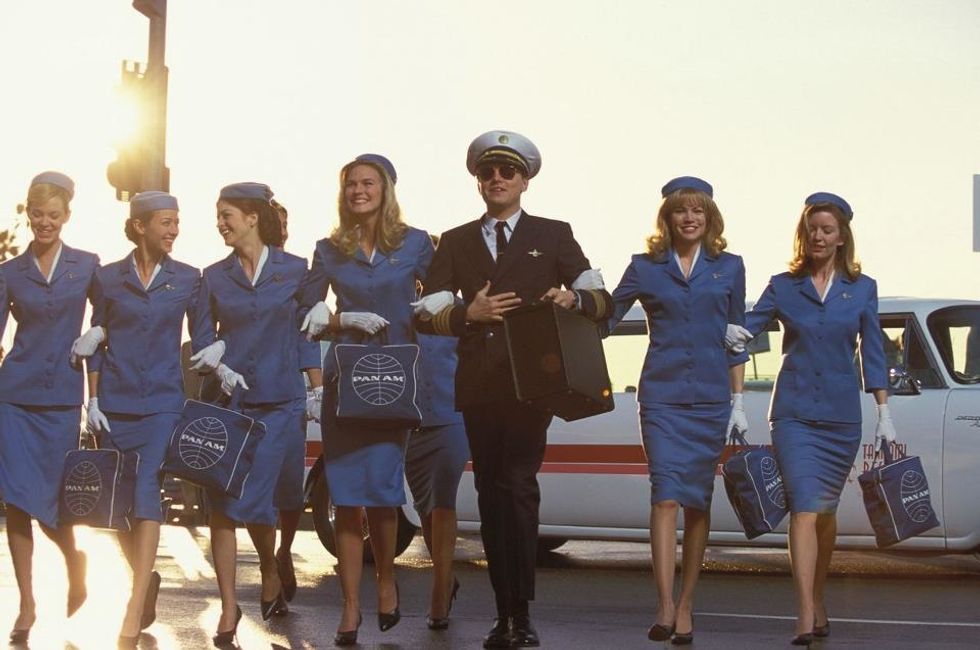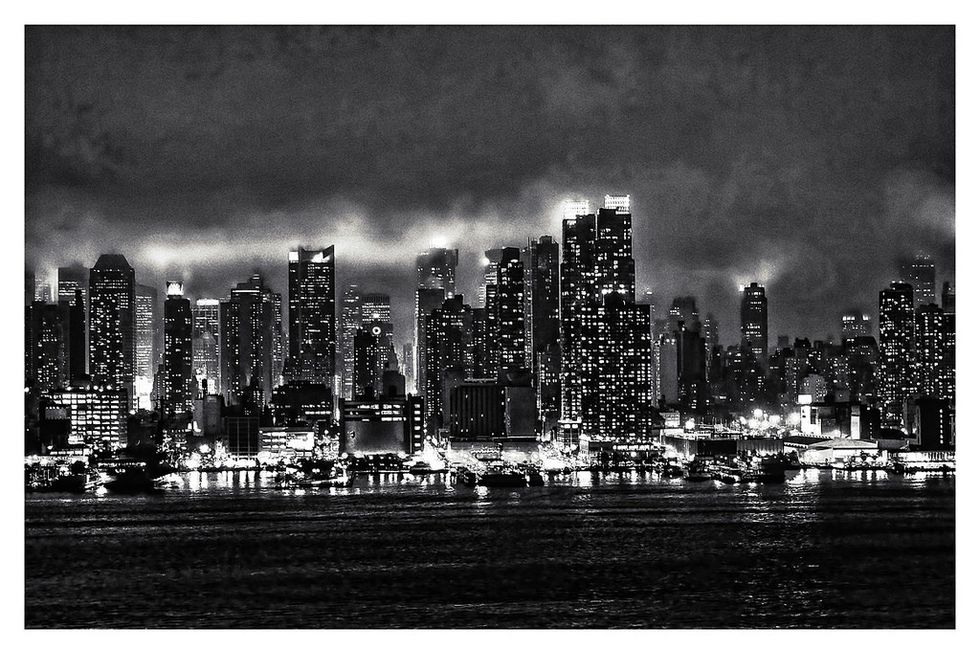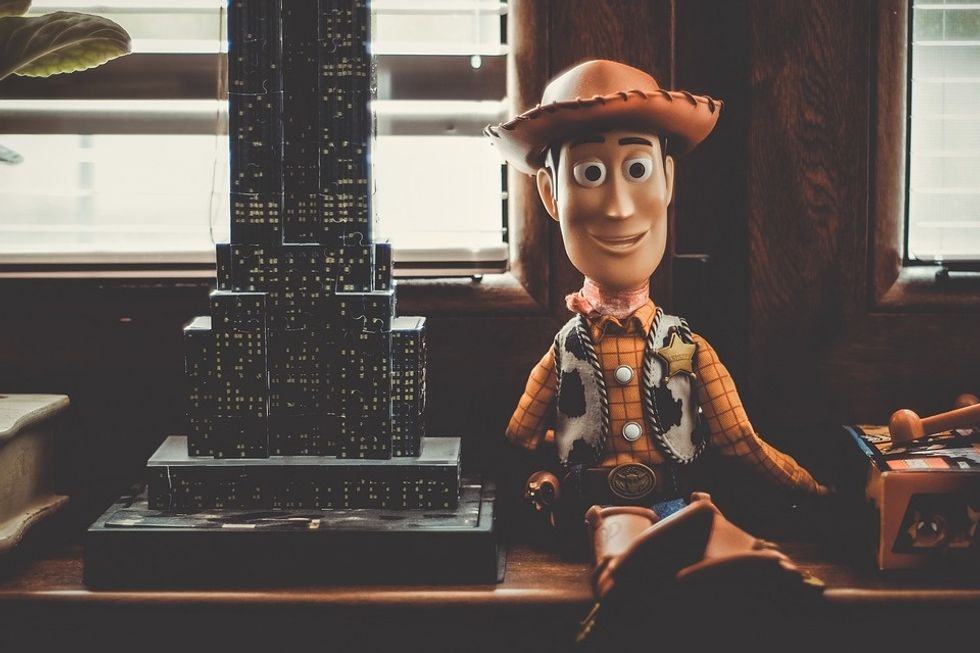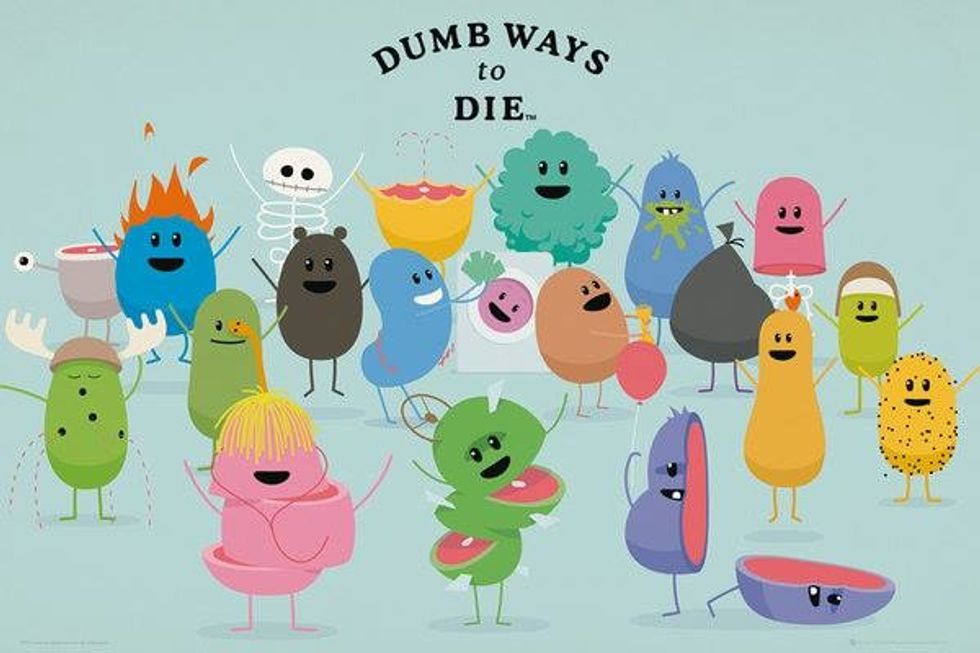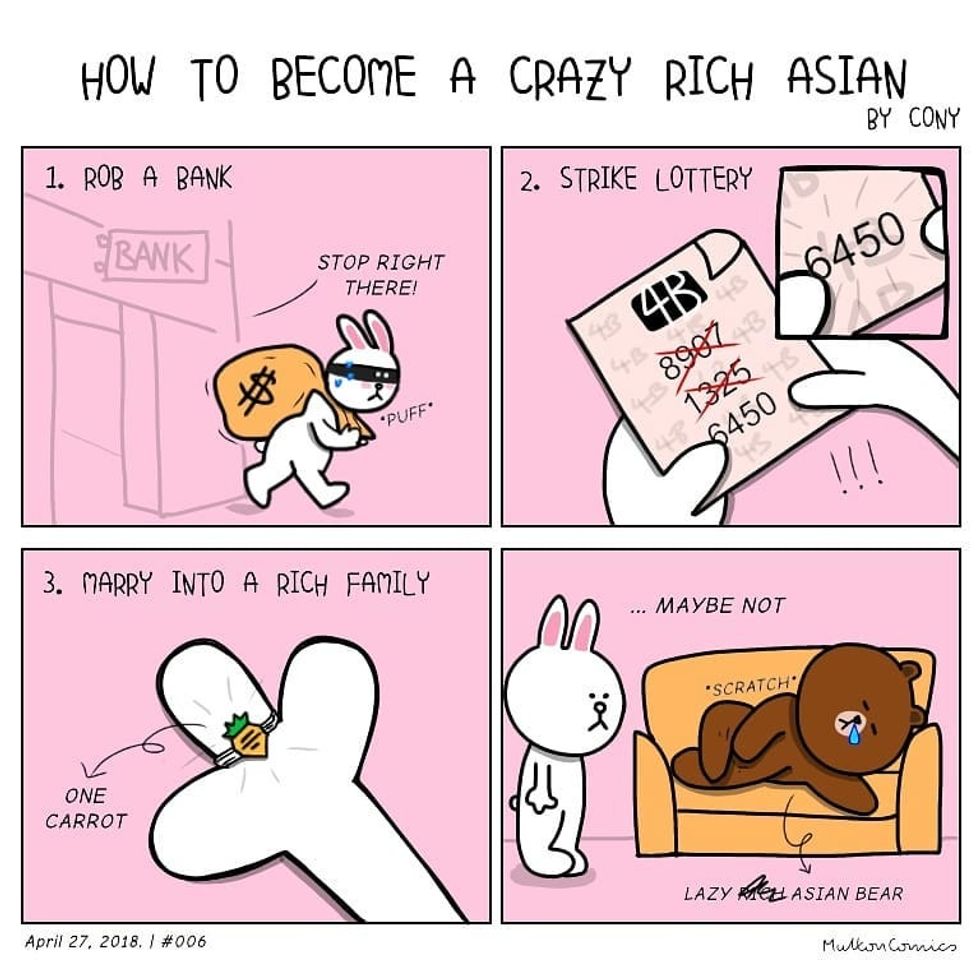Millennials And Gen-Z Could Dominate The 2020 Presidential Election — If They Show Up
The two youngest generations make up 37% of the electorate for 2020. But they have to actually show up.
Millennials are described as being born approximately from 1981-1996. Gen-Zers are approximately born from 1997-now. In a normal election, you will almost definitely see that baby boomers (1946-1964) define the election. While the baby boomer generation can be split, whichever way they collectively vote will normally define the turnout. This could change in 2020.
The youngest Americans could take over as 37% of eligible voters is plenty to shift the turnout, but only if millennials and Gen-Z actually cast their votes. The younger generations typically are more diverse and strive towards more inclusiveness, which means they tend to flock to the left. If any Democrat wanted to win an election, they should try to win the votes of these two generations.
Post-millennial generations are close to being half, non-white. This means these young people have seen and could have even experienced the systematic racism in the United States government and are able to empathize with issues that affect themselves, their families and their communities. These young Americans are witnessing police brutality, immigration issues, stereotypes, a lack of media representation and more. With the aid of social media, these issues seem more personal to younger generations than they do to older generations, it is on their screens and their followers are sharing the issues consistently.
Young Americans are more likely to want inclusiveness and equality for multiple racial groups, genders, and the LGBTQ+ community. Young Americans also care about hot-button issues like abortion, minimum wage, and gun control. These generations are likely to want to see more support for all groups and they tend to care about minority groups even if the individual isn't apart of that particular group.
These generations have been put into a situation where they have to try much harder to financially succeed. Many of them remember the Great Recession where their parents took financial hits. Many of them can see that minimum wage jobs cannot provide for a family, but it's too hard for people to grow those jobs into careers. It is clear that higher education means a higher price, and these generations can see that the price is too much for some people, meaning they end up at the minimum wage jobs.
These younger generations have been exposed to a lot more than other generations have via social media or in their personal lives. School shootings are at record highs and kids are seeing their classmates get harmed, or worse, killed. And in the aftermath, politicians send their "thoughts and prayers" and no changes occur.
With all of these ideologies, the average millennial and gen-z member is likely to push for media representation and they are likely to participate in protests and demonstrations. However, the best way to make the biggest difference is to show up at the polls. Could the two youngest generations make a difference in 2020? Of course, they could, but this begs the question: will millennials and Gen-Z team up to make a difference in 2020?
That's up to us. Make sure you're staying informed on the candidates who will truly make a difference and do your research on all the candidates. When it comes time next November, make sure you're casting your ballots. Every vote matters.


